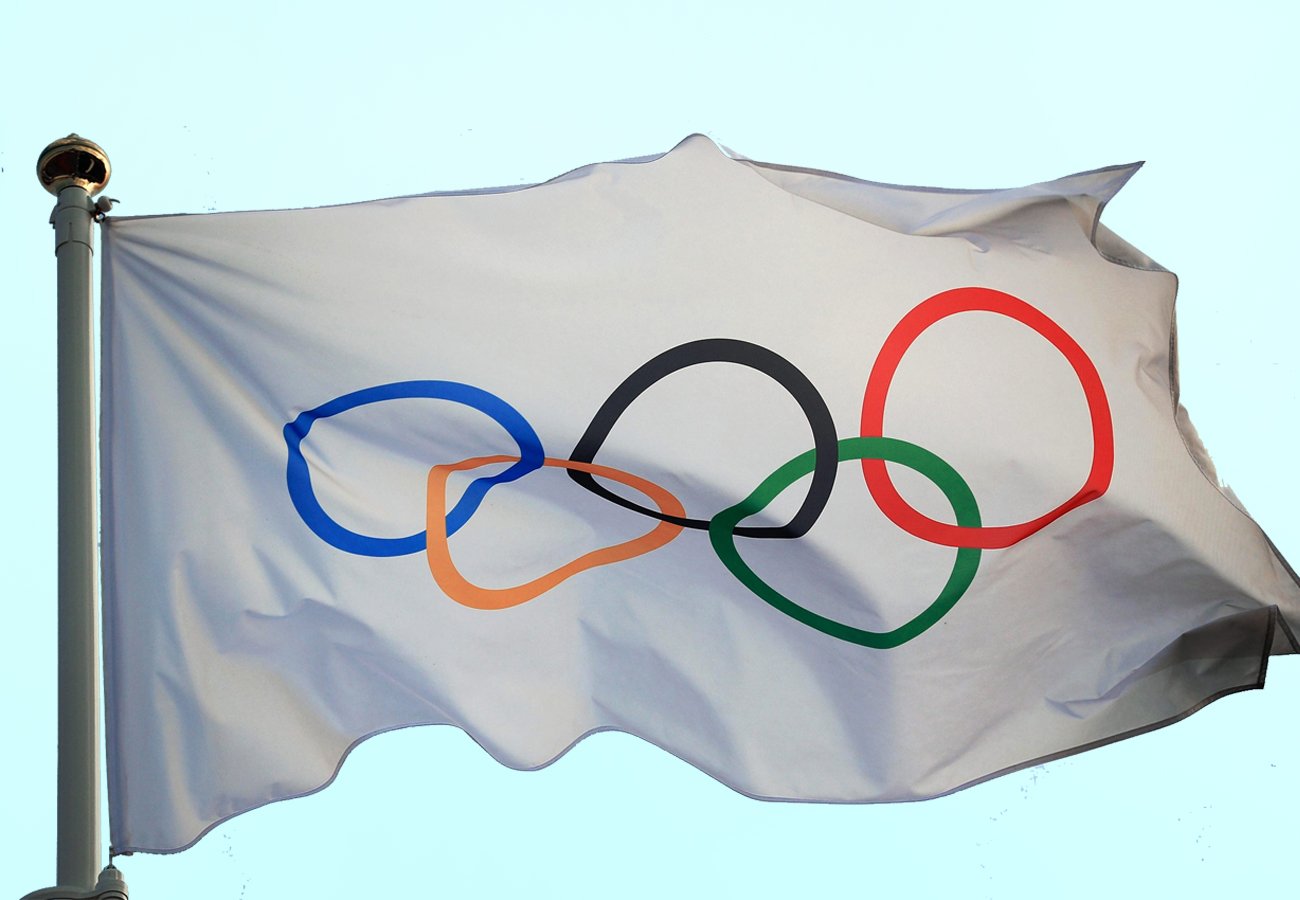“The New Norm”, an ambitious set of 118 reforms that reimagines how the Olympic Games are delivered, has been presented to the membership of the International Olympic Committee (IOC) at its 132nd Session.
The IOC plan, which focuses on six recommendations of Olympic Agenda 2020 related to the organisation of the Games, will provide cities with increased flexibility in designing the Games to meet long-term development goals, and will ensure that host cities receive more assistance from the IOC and the wider Olympic Movement.
Having redesigned the Candidature Process and adopted a strategic approach to legacy last year, the IOC presented updated services and requirements that will lead to maximum savings of hundreds of millions of dollars in the delivery of the Olympic and Paralympic Games.
“These are the biggest savings in the history of the Olympic Games,” IOC President Thomas Bach said. “It is a fundamental rethinking of the organisation of future Games. This will lead to a new norm – from the candidature for and the delivery of the Games through to their legacy.”
See what The New Norm look like
Conducted in close collaboration with partners and industry experts, the Olympic Games Delivery Executive Steering Committee analysed every function of operations, including venues, energy, broadcasting, accommodation, transport and technology, and also looked at the Paralympic Games.
The IOC will work with cities every step of the way to ensure that the Games are affordable, beneficial and sustainable.
“The modifications presented in “The New Norm” address many challenges associated with bidding for and hosting the Olympic Games,” said IOC Member John Coates, who serves as the Chair of the Executive Steering Committee.
“We examined if the right services and products were provided, if timing of delivery was optimal, and where we can provide additional expertise. What resulted is a robust plan that reduces complexity and costs, while maximising flexibility and partnership.”
By examining the seven-year journey with former Organising Committees (OCOGs), more than 80 of the 118 solutions that have been proposed would result in cost efficiencies without compromising the Olympic experience.
The plan invites opportunities to reduce venue sizes, rethink transport options, optimise existing infrastructure and reuse the field of play for various sports.
It was also determined that enhanced integration of Olympic stakeholder expertise, combined with adjusted workflows, would unlock greater value for hosts and partners alike.
For example, a joint coordination process between national and regional government, the IOC and Tokyo 2020 has already assisted in reducing Tokyo’s revised venue budget by USD 2.2 billion.
A 3+4 year approach
Meanwhile, a “3+4 year” approach to staffing an Organising Committee would streamline production and decrease human resource needs in the first three years – when engagement, planning and communication would be the primary focus – before shifting to detailed operational planning, readiness and delivery mode in the last four years.
To provide better support to cities, activities will also be delivered by the Olympic family – in particular IFs, NOCs and TOP Partners. The events industry can also supply ready-made solutions, simplifying the scope of work and knowledge needed by an OCOG.
A prime example of this was the creation of Olympic Broadcasting Services in 2001 to serve as the permanent host broadcaster for the Olympic Games, Olympic Winter Games and Youth Olympic Games, eliminating the need to continually rebuild the broadcast operation for each new edition.
In a similar fashion, starting in PyeongChang, the IOC has taken over the Olympic Information Service, which provides vital information to thousands of media at the Olympic Games to assist them with their reporting.
“The New Norm” presents a number of additional turkey solutions, such as providing website and ticketing solutions, that would result in less work and lower costs for a host city.

